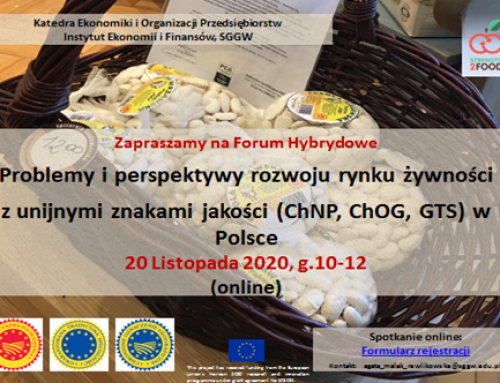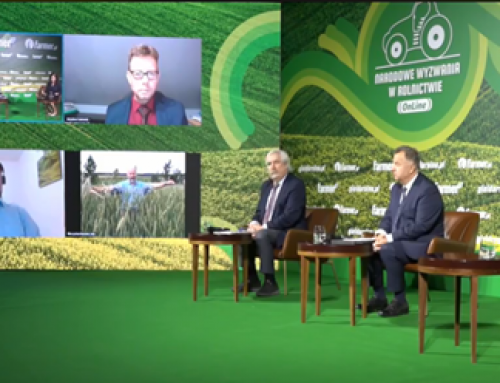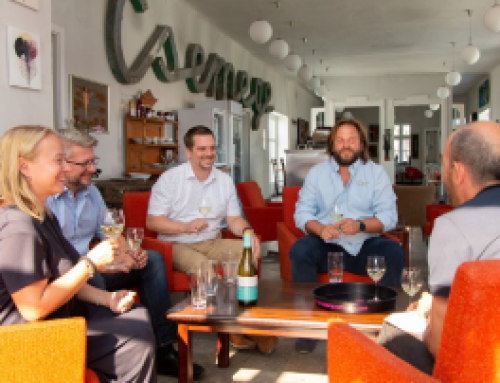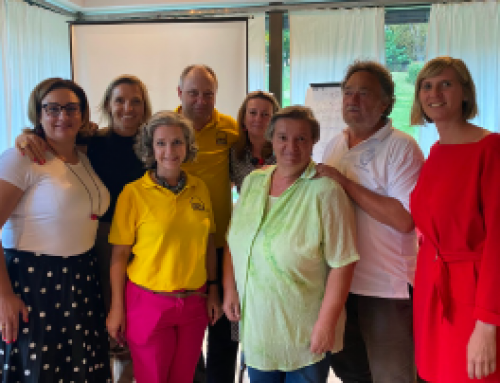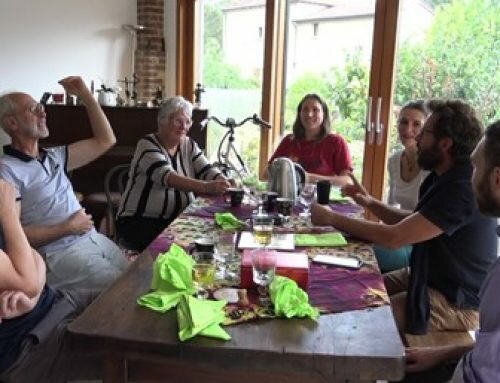On June 1st, at the San Giovanni Museum in Fivizzano (MS), during the 17th edition of the “Sapori” event, a “hybrid” forum of experts and non-experts gathered around a table to discuss and suggest solutions to help fight against the depopulation of the area of the MaB-UNESCO (Man and Biosphere Reserve) Appennino Tosco Emiliano reserve (Figure 1).
The day was divided into two parts: the first part being a meeting of experts and panelists (14.30-16.00), the second part (16.00 – 18.00) involving public participation.
The panelists where Nino Folegnani (President of the Lunigiana LAG ), Rachele Grassi (Agricultural holding “Zafferano”, in Ventasso municipality), Giulia Santini (student in Veterinary at the University of Bologna, living in the area being studied), Marco Cavellini (representative of Slow Food Lunigiana), Mario Giannarelli (Representative of the Community Presidium of Sassalbo municipality), Serena Fiorini (owner of the family Restaurant “Fiorini”, in Sassalbo municipality), Paolo Grassi (former mayor of Fivizzano municipality) and Senator Fausto Giovannelli (MaB-UNESCO Reserve Coordinator, former Senator of the Italian Republic). The discussion was moderated by Prof. Cristina Mora (agricultural economist, University of Parma), who also coordinated the event. Prof. Davide Menozzi (agricultural economist, University of Parma), active in the Strength2Food Consortium, presented some experiences about the short food supply chains in different European countries. Two students from the University of Parma, Alba Lucini and Giulia Negro, also contributed to the organisation of the event.
Figure 1: The territory of the MaB-UNESCO (Man and Biosphere Reserve) Appennino Tosco Emiliano reserve (Source: http://www.mabappennino.it)
In the first part of the event, the assembly discussed and proposed possible solutions or already-in-place strategies trying to face the depopulation of rural areas, a huge problem in the studied context. In addition, some points were also drawn representing the difficulties and barriers to be overcome. Among the solutions, some projects already underway have emerged, both in the study area and in other Italian rural areas; it was suggested to focus on the education of young people who are interested in dealing with the cultivation and production of food products related to this territory.
In the second part of the event, the public was also able to give voice to their ideas, together with the assembly and the mayor of the Fivizzano municipality, who was invited to the second part of the forum to gather the ideas of the panelists and citizens. The inhabitants of the area, very involved in the topic, actively participated in the discussion by telling their experiences and their opinions on the subject. Here some of the difficulties of the producers emerged, who had the opportunity to ask for help to solve several of the problems that could improve the situation. In this way the social roles have been demolished and an opportunity has been created for mutual listening and the search for a common solution, combining the tradition to which the public is particularly attached and the innovation of the experts’ ideas.
At the end of the discussion, as a symbol of the union of different territorial resources in the MaB-UNESCO area, a sweet was offered to the participants. The sweet was made with local products characterising the two sides of the MaB-UNESCO reserve, (Figure 2 and 3): Sassalbo chestnut flour crumble and saffron sauce from Ventasso, served with a soft ricotta cream obtained from grazing cows in Valbona.

Figure 2: The territory of the MaB-UNESCO Appennino Tosco Emiliano reserve, grazing cows in Valbona (Source: http://www.mabappennino.it)
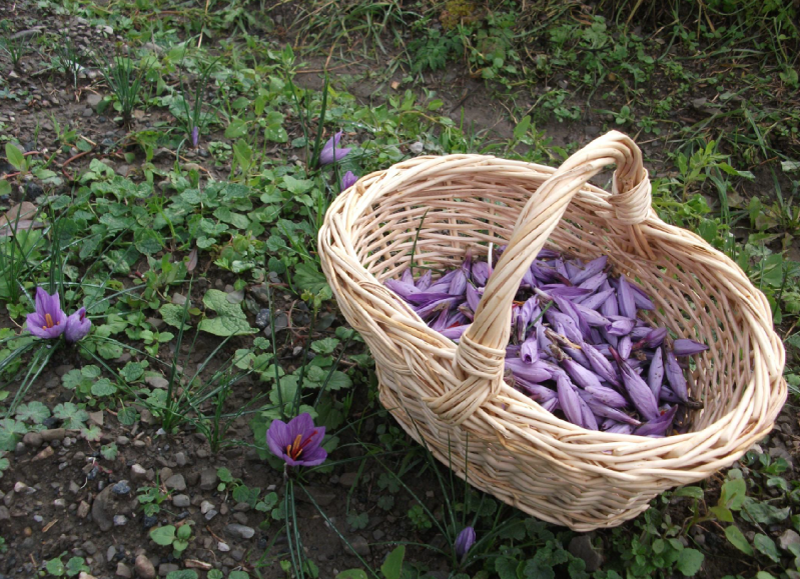
Figure 3: Saffron from Ventasso municipality.
[1] A Local Action Group (LAG) is a non-profit making composition made up of public and private organisations from rural villages, having a broad representation from different socio-economic sectors. Through the European Agricultural Fund for Rural Development (EAFRD), LAGs can apply for financial assistance in the form of grants to implement the Local Development Strategy of their respective territory.




